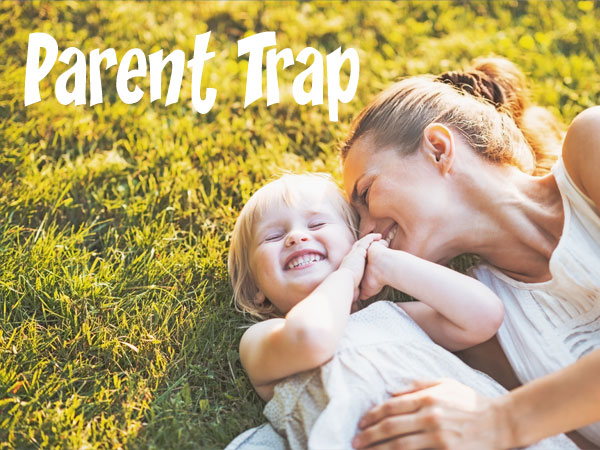If you recently sent a child off to college, you know it’s a time of conflicting emotions for everyone. Teens are excited to be getting the heck out of Dodge, but also anxious about embarking on a new stage of their journey (although they probably won’t admit it). Parents are proud of and happy for their emerging young adult, yet sad and worried whether they’ve prepared them well for the future. Both parties are going through a grieving process, whether they’re aware of it or not. To smooth the transition, here are five ‘gifts’ every teen should receive as they embark on their journey.
1 | Untether. It’s high time to let go of taking care of them and solving their problems. Let them dictate the amount and type of communication you have with them; hopefully it’s one phone call a week versus constant texts. It’s hard to achieve self-reliance if you turn to your parents every time you feel stuck or challenged.
2 | Let go of the ‘teacher role.’ Instead, talk to them on an equal plane, becoming more of a consultant. See and treat them like the adult you want them to become.
3 | Allow them free will to fail so they can choose to succeed. Gone are the days when you pushed them to study for that test or practice their instrument every day. Encourage self-motivation, self-determination, self-reliance and self-efficacy. That also means you need to support risk-taking, leaving their comfort zones, having adventures and just ‘going for it.’
4 | Create new ways to connect. Let them take the lead to reach out to you when and how they want. Give them space, but still be there for them.
5 | Let go of being responsible for their happiness and success. Their successes and failures are not a reflection of you anymore. It’s their life now. Young adults need times of trial and error and living without a safety net. That’s when they have true ownership of their lives, and that’s what will give them the most fulfillment. These are truly the gifts that keep on giving, and they benefit both giver and receiver. You can maintain your role as a safe, supportive home base, but the responsibilities and rules have changed for both sides. See this as a new, different way to love them, and your relationship will grow to a higher level.
[Tim Jordan, M.D., is a Behavioral Pediatrician who specializes in counseling girls ages 6 through college. For more information, visit drtimjordan.com.]








